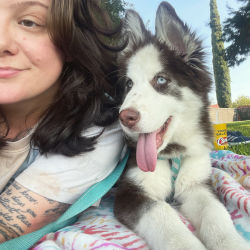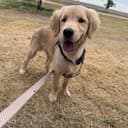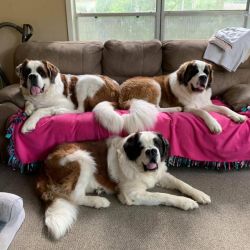Origins and Temperament
The Carolina Dog, often renowned for their primordial pedigree, is a testament to nature's enduring canine blueprint. Originally discovered in the southeastern United States' wilderness, these dogs are believed to be direct descendants of ancient dogs that crossed the land bridge with their human counterparts thousands of years ago. Their independent spirit, tempered with a loyal and gentle disposition, might require special attention when traveling to accommodate their natural wariness and need for space.
Size and Physical Needs
Generally weighing between 30 to 65 pounds, the Carolina Dog possesses a lithe and sturdy build well-suited for endurance. Their exercise regimen should include ample opportunities to run and explore, hence during transport, it's crucial to ensure they're provided with enough room for comfort. Their double coat, which can vary in density with the seasons, warrants temperature considerations to keep them cozy or cool.
Common Health Considerations
While robust and healthy, Carolina Dogs are not exempt from genetic health concerns such as hip dysplasia. Ensuring that your pet’s health documentation, including vaccination records, is updated and handy during transport is vital. Such measures, paired with a travel-friendly health kit, lay the groundwork for a safe trip.
















